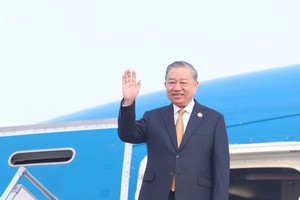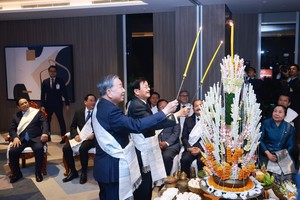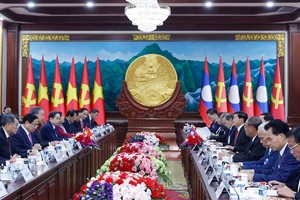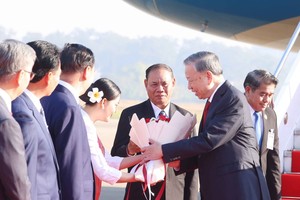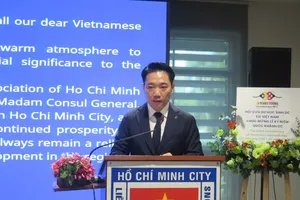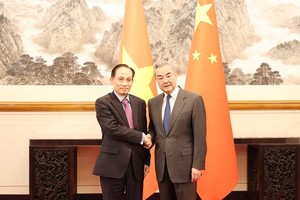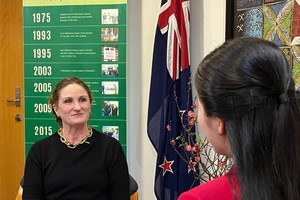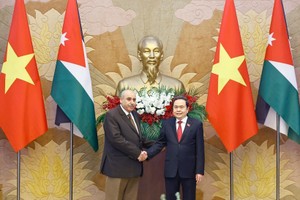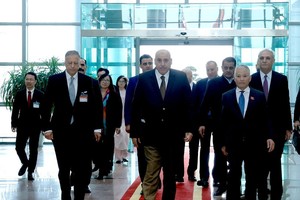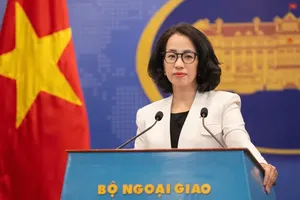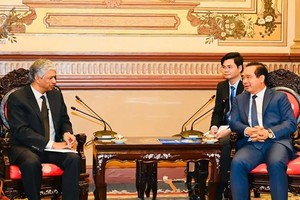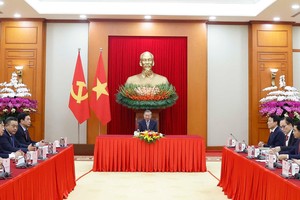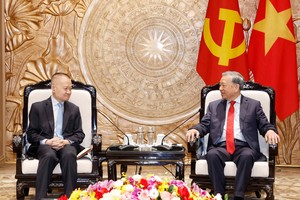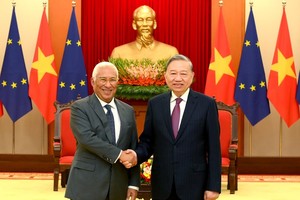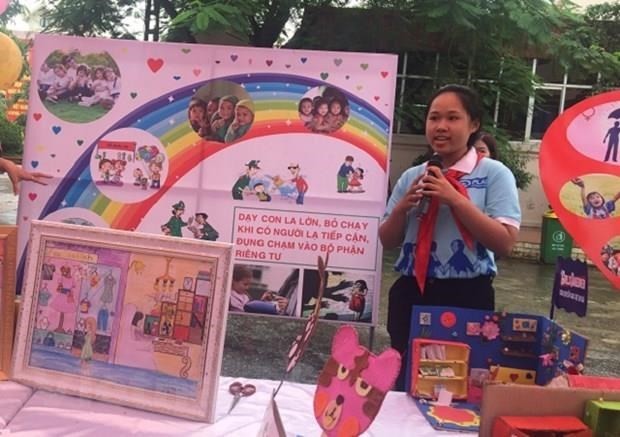
The event was a dialogue of action and orientation among relevant parties including governments, policymakers, youth organisations, civil social organisations, and private sectors in ASEAN countries.
It offered an opportunity for delegates to discuss strategic plans and actions to empower girls and women as well as eliminate CEFM, in line with the ASEAN Community Vision 2025 and the Millennium Development Goals.
In his opening speech, Deputy General Secretary of ASEAN Socio-Cultural Community Kung Phoak stressed that CEFM is not only an issue for some countries in Southeast Asia, but also a major challenge for all ASEAN countries in ensuring the UN Convention on the Rights of the Child (CRC) and the ASEAN Community Vision 2025.
These problems stem from gender inequality and discrimination, long-standing customs and traditions, and a lack of education and opportunities for the poor, he said.
This situation has caused a wave of knock-on effects, hindering the progress of society by taking away the childhoods, right to an education, and opportunities for millions of children, especially girls, across Asia.
It also leads to greater risk of violence, abuse, poor health, or premature death, he added.
Solutions to this complex problem require the comprehensive coordination of many relevant parties and a determination to implement political commitments into sustainable and concrete actions.
Participants also pointed out evidence and data on the popularity of CEFM, highlighting challenges in addressing this issue, and calling for efforts and actions to promote gender equality and women empowerment, especially the elimination of CEFM in ASEAN countries.




